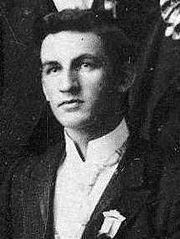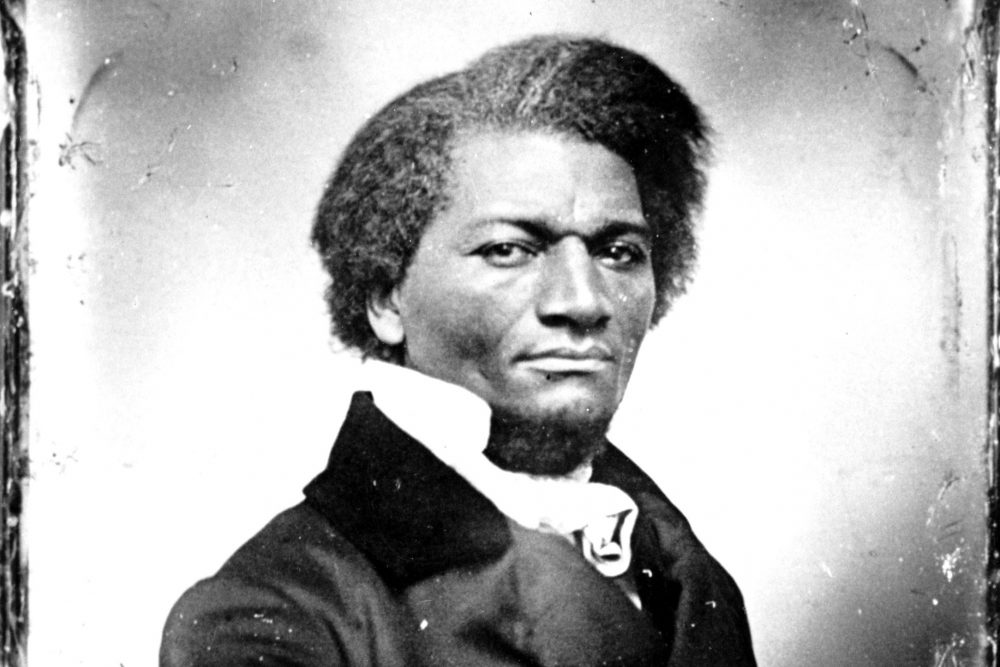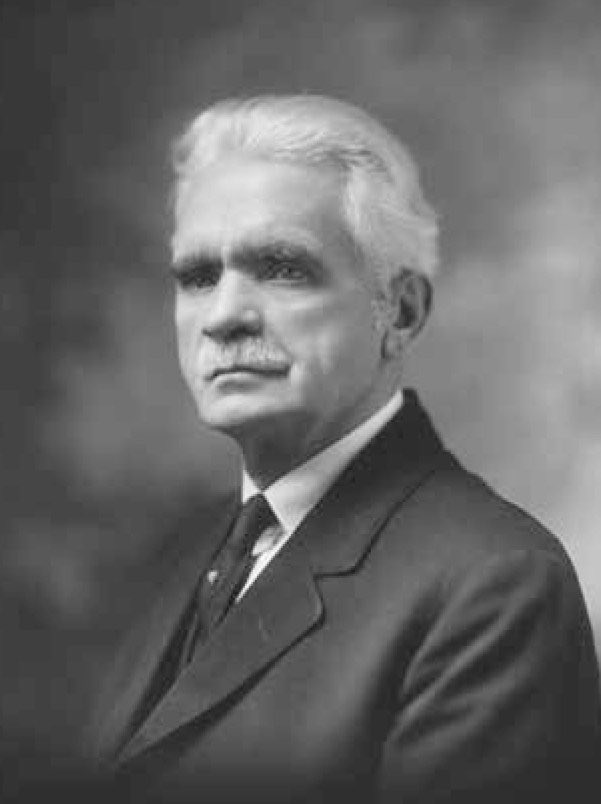
There’s few more consequential figures in Mormon studies than D. Michael Quinn, who worked for LDS church, taught at BYU, was excommunicated, & published a series of books that reshaped the field.
Mike passed away last night. I’d like to highlight some of his life and impact. /1
Mike passed away last night. I’d like to highlight some of his life and impact. /1
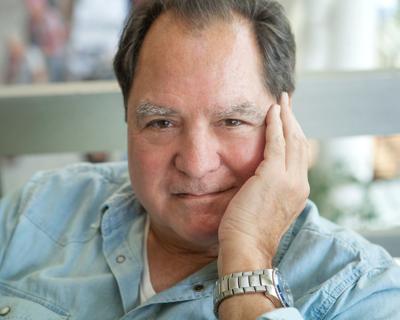
Quinn was born to a Mexican immigrant father & sixth-generation Mormon mother. He earned a degree in English from BYU, served mission to UK, then spent 3 years in military before finding history. He 1st did MA at Utah, then a PhD at Yale, where he studied the Mormon hierarchy. /2 
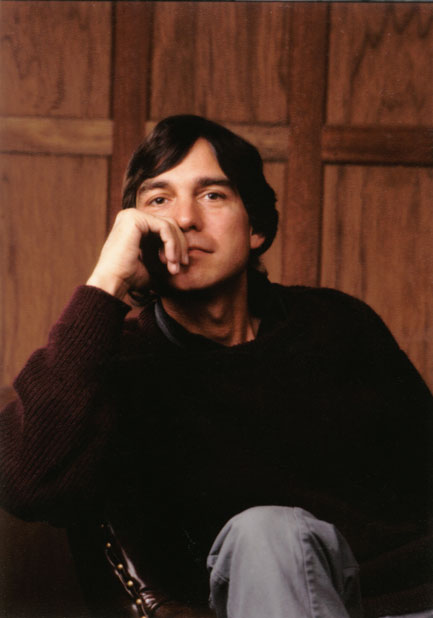
His research coincided with historical openness at the LDS archives, & he was hired by Leonard Arrington to mine boxes & boxes of documents, many of them untouched. The period was later referred to as “Camelot,” and Quinn referred to every day as “Christmas morning.” /3 
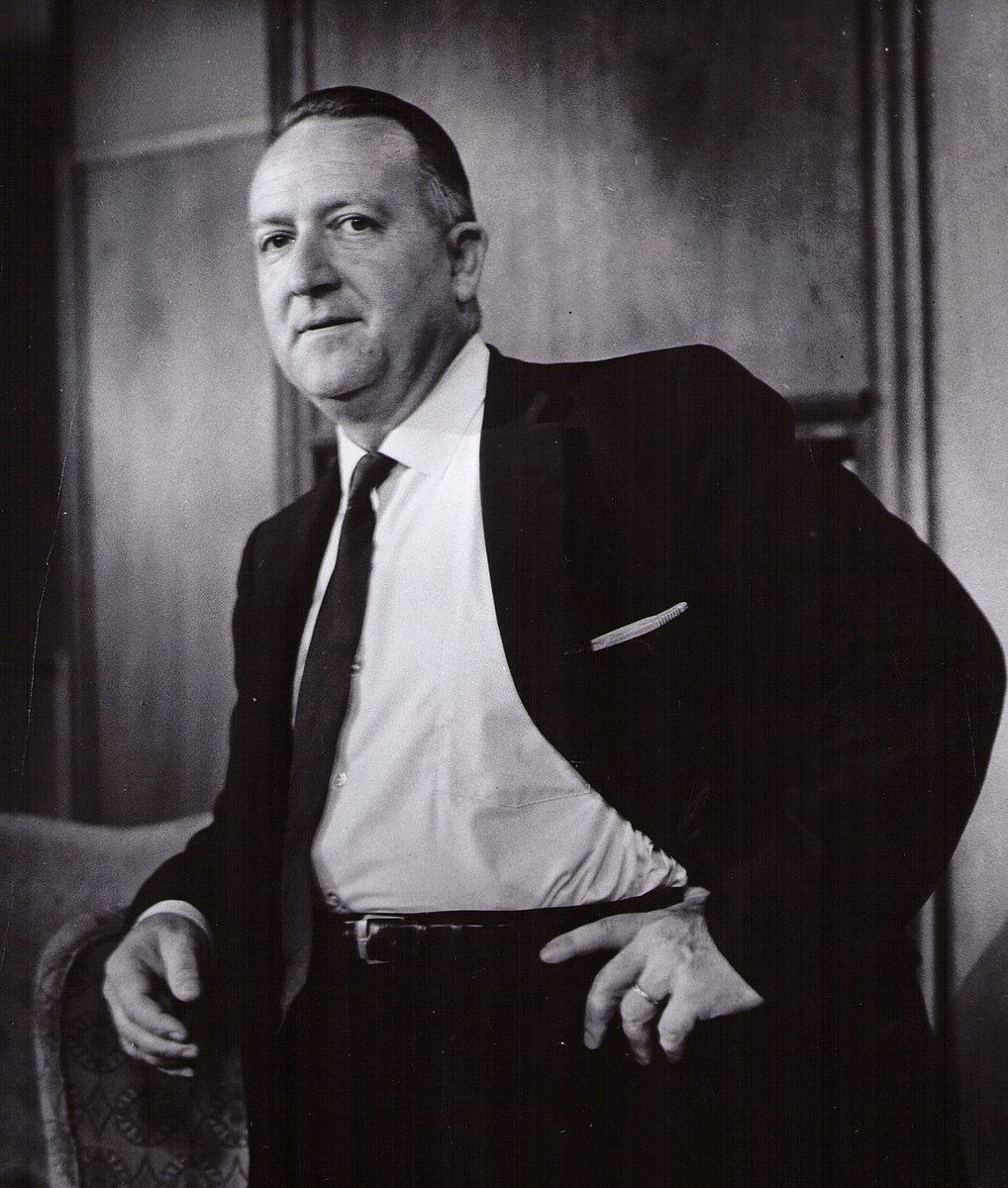
Given access to these sources later closed, his transcripts remain cherished in the historical community. Indeed, his papers at @BeinekeLibrary are among the most important collections of Mormon documents anywhere, especially for the 1880-1930 era. /4 archives.yale.edu/repositories/1…
Quinn was hired at BYU, where he soon ran into problems surrounding intellectual freedom. At one point he delivered this address that directly challenged recent remarks by Apostle Elder Boyd Packer (who happened to have interviewed him for the job). /5 mormonismi.net/kirjoitukset/q…
It was during this time that Quinn also dug into the complicated history of post-manifesto polygamous marriages, especially among church leaders. This resulted in this classic (and HUGE) article in @DialogueJournal, still crucial to scholars today. /6 jstor.org/stable/pdf/452…
His work invited blowback. His ecclesiastical leader was told by authorities to revoke his temple recommend, but since that would terminate his BYU employment, the stake president stalled, instead finding a workaround. You can read Quinn’s account here. /7 sunstonemagazine.com/background-and…
Like many other historians during the 80s, the Hofmann documents caught his attention and led him to reexplore Mormon origins, resulting in his 1987 book, EARLY MORMONISM AND THE MAGIC WORLD VIEW, which also drew criticism, especially as Hofmann’s forgeries were exposed. /8 
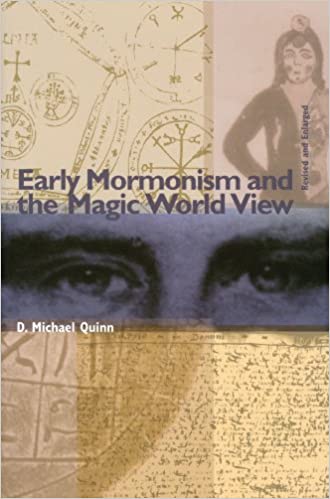
Quinn also faced challenges at home. Though always aware of his homosexuality, he put it off for decades, hoping he could live the life of a good Mormon man, and he soon had a wife and several kids. That marriage fell apart in 1985, further placing him on the faith’s margins. /8
Despite being beloved by students, his position at BYU became increasingly perilous. When there seemed no other way out, he resigned in Winter 1988. At the time, he was tenured, a full professor, and director of the graduate program. /9 signaturebookslibrary.org/on-being-a-mor…
He then spent the next few years hoping to escape ecclesiastical conflict, moving to SoCal and New Orleans and not having a registered mailing address. Eventually, he decided to no longer run, and returned to SLC in 1993, living three blocks from Church Headquarters. /10 
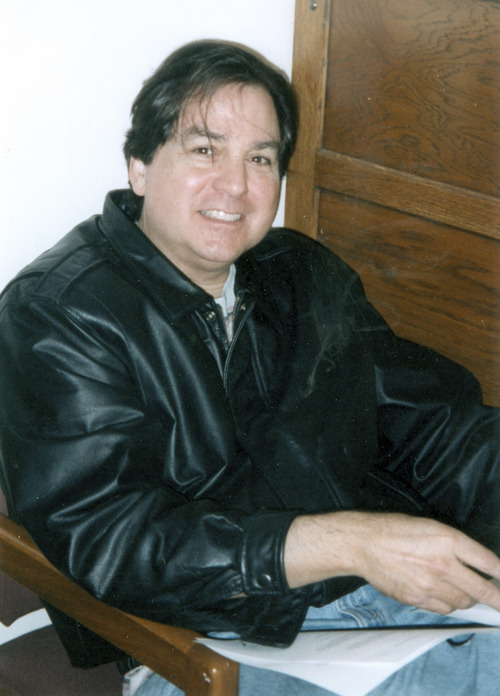
He, along with five other intellectuals, were excommunicated later that year, becoming known as the September Six.This was the climax of a decades-long culture war within the faith. Here's a recap written a couple decades later. /11 archive.sltrib.com/article.php?id…
(This, by the way, was the article cited for Quinn's excommunication--an argument that women held more priesthood authority than traditionally understood, which would undermine orthodox beliefs. /11.5) signaturebookslibrary.org/women-and-auth…
But rather than being silenced, the next decade was Quinn's most prolific, as he produced a string of significant and hefty books, many based on his voluminous research notes from the 1970s. These are a few on my nearby bookshelf. /12 
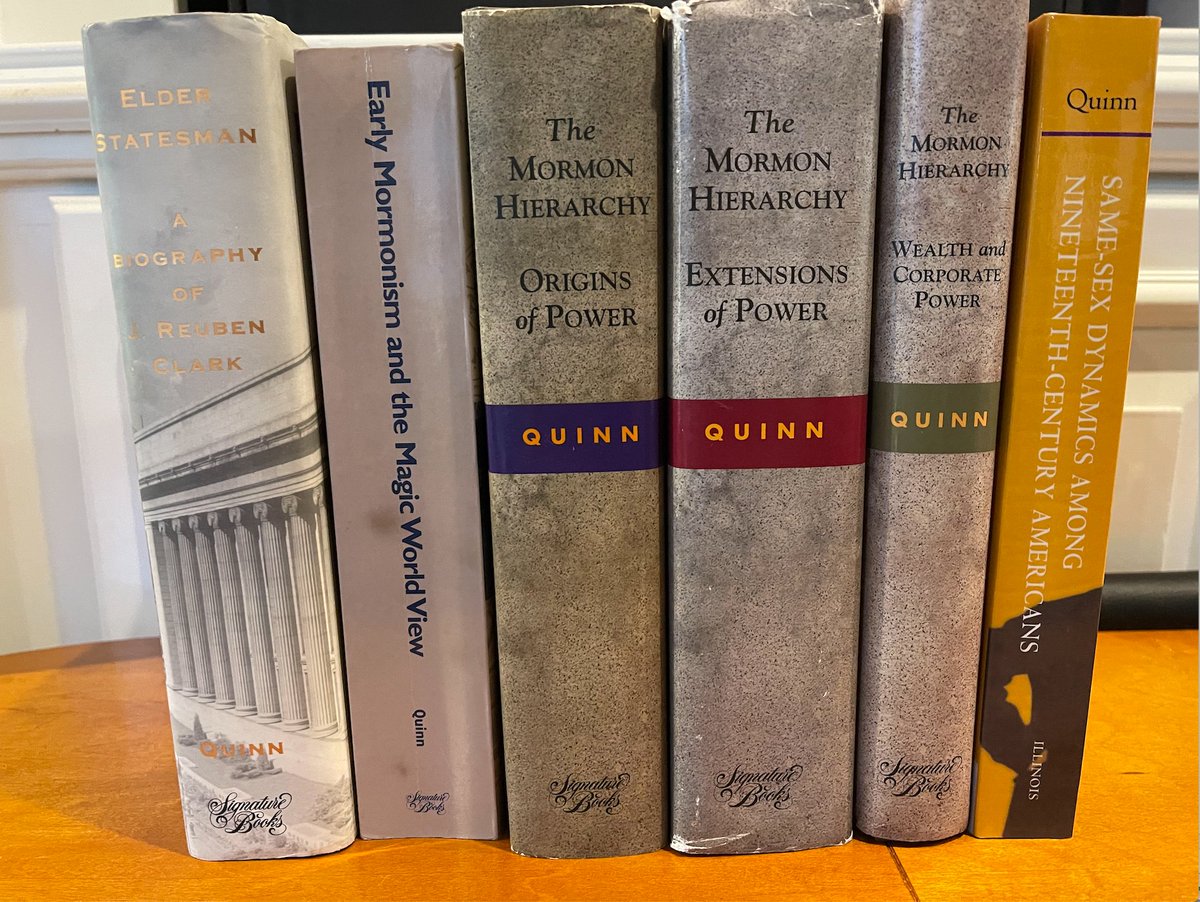
Quinn never secured another academic job. He was denied a tenured position at the University of Utah, and his hiring at Arizona State was vetoed by a prominent Mormon donor. He got a smattering of research fellowships, but was otherwise on his own. /13 wsj.com/articles/SB114…
In recent years he had a much more stable presence, and started to engage the field after several years away. He still believed in Mormonism, though rejected the actions leaders had taken against him. /14 archive.sltrib.com/article.php?id…
A lot has changed since the tense fights between Quinn and leaders in the 1990s, but his shadow still covers much of the field. @dbhaglund wrote an excellent summary of the legacy for Slate nearly a decade ago. /15 slate.com/human-interest…
So what do we make of his legacy? I have a few scattered thoughts.
Quinn embodied the worldview of New Mormon History more than perhaps anyone else--the commitment to revisionism, love of documents, and penchant for battles. /16
Quinn embodied the worldview of New Mormon History more than perhaps anyone else--the commitment to revisionism, love of documents, and penchant for battles. /16
As a result, some of his work can feel a bit stilted. Famously, his books have as many pages filled with endnotes as the primary text--demonstrating his rootedness in the archive, but less awareness of narrative and discourse. /17
His primary focus was always Mormonism for Mormonism's sake, too, which framed his topics and restricts the number of interested readers.
(The glaring exception is his fascinating, if complicated, book on same-sex activities within Mormonism.) /18
(The glaring exception is his fascinating, if complicated, book on same-sex activities within Mormonism.) /18
He also lived for conflict, and his writings swell with internal debates with both apologists and critics. Reading his books now transports you back into these culture wars, a necessary thicket through which to wade on your way to his insights. /19
But as dated as his scholarship can be, it is a necessary work for anyone examining Mormon history--at worst, enormously helpful annotated bibliographies. (And yet they are so much more!) I always keep them at arms-length as I'm writing my current project. /20
Throw in that he kept enormous--& enormously revealing--diaries, and Quinn's life will be a crucial one for future historians. (Indeed, I've sometimes toyed with writing a biography.) A chicano, queer, and iconoclastic intellectual who challenged the faith's boundaries. /21
D. Michael Quinn was a historian's historian, an archive in himself who was at the center of the modern LDS story of faith and intellect. He will be missed. /fin 
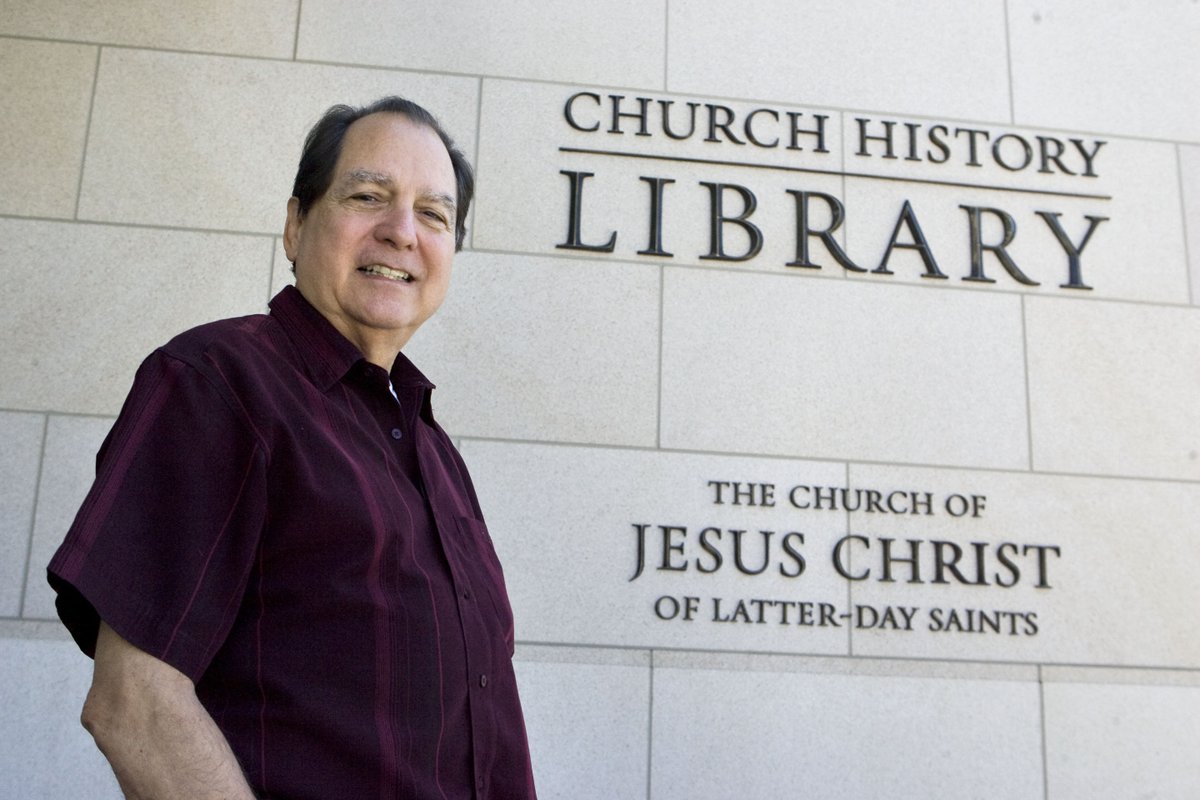
• • •
Missing some Tweet in this thread? You can try to
force a refresh




